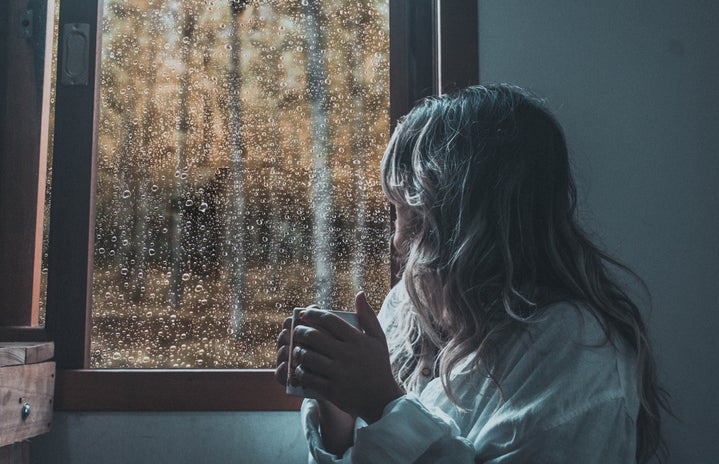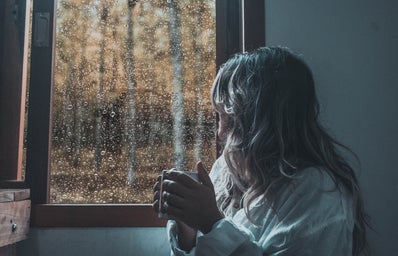Whether you’ve been living with your parents, in student housing, or even completely alone, we have all experienced a sense of loneliness or isolation in the past eight months. This was meant to be a time to make new memories and have new opportunities. Unfortunately, it has come to a halt and has been replaced by the new reality of online school.
It’s easy to feel alone when you perceptualize your life as being boring, mundane, or stagnant – as if nothing is changing. Naturally, the stripping of core aspects of your life that you associated with feeling alive or happy can leave you feeling empty and isolated.
It’s important to realize that although we are no longer living a “normal” life, it doesn’t mean we aren’t living — we can still be productive within our daily lives. Switching your mindset to accepting that productivity during these times doesn’t necessarily mean that we have to be socializing, going to cool places, or even physically being with others, is crucial to targeting and fixing the feeling of being alone.
Here are 3 ways to help cope with feeling alone during quarantine that I have found essential for switching my mindset:
- Establish some form of a routine.
-
Not only do routines aid with organization throughout online school and getting things done on time, they can truly help you deal with feelings of loneliness. The key takeaway here is that they provide you with a sense of productivity. Once you feel as though you’re doing something with your life, you’re also distracting yourself from feeling alone in the first place. Establishing routines in your life are a keystone to creating change.
You don’t have to start off with a strong, highly structured routine. Start slow and look at everything you do in a day as “small wins”. This way, you end each day feeling accomplished.
Some of these daily routines can include:
-Waking up and sleeping at the same time
-Making your bed
-Ensuring you drink a certain amount of water
-Taking a short walk (if the weather permits) or another form of exercise
- Limit your time on social media.
-
From an objective standpoint, we know that social media does not represent our entire being. It’s merely a representation of the best parts of what we choose to present to our followers. However, it’s easy to get lost in the world of social media, especially if it is our main input and output of our lives now. In other words, we rely on socializing solely through social media during the pandemic.
Therefore, we tend to compare our lives to the “social media lives” of others, making us feel unfulfilled and alone in our own lives. We see people doing cool things even during the pandemic, when in reality, these activities are a collection of ‘highlight reels’; we aren’t seeing the day to day life of people on social media.
We unconsciously isolate ourselves into the world of these highlight reels and lead ourselves to believe that we aren’t doing enough in our lives.
Here are some of the few things you can do to limit your social media use:
-Turning off notifications
-Not going on any devices half an hour after you wake up or before you go to sleep
-Setting a timer to how long you browse or scroll in between study breaks
-Stopping yourself before you start mass-stalking people’s profiles
- Take up a hobby.
-
Whether it be an old or new hobby, investing your time into something you enjoy will not only help you feel productive, but it will also help you reconnect with yourself.
When you engage with old activities you love, you’re opening up a part of yourself that you might’ve forgotten even existed since the pandemic started. You’re reminded of who you still are; you never lost her!
Experimenting with new activities can provide a similar effect. You’re allowing yourself to experience and discover new things instead of succumbing to the mindset of your life being “stagnant” or “boring”. Most importantly, you’re doing activities other than studying instead of letting the pandemic restrict your creativity.
I know it’s not easy to automatically apply everything I’ve written in this article into your life, but working on your mindset and changing small aspects can certainly go a long way. Take each day with a grain of salt, and before you know it, these coping mechanisms will be ingrained into your life. Remember that you are not alone in feeling alone; many of us face the same struggles and are all working on our own ways to conquer the pandemic.


